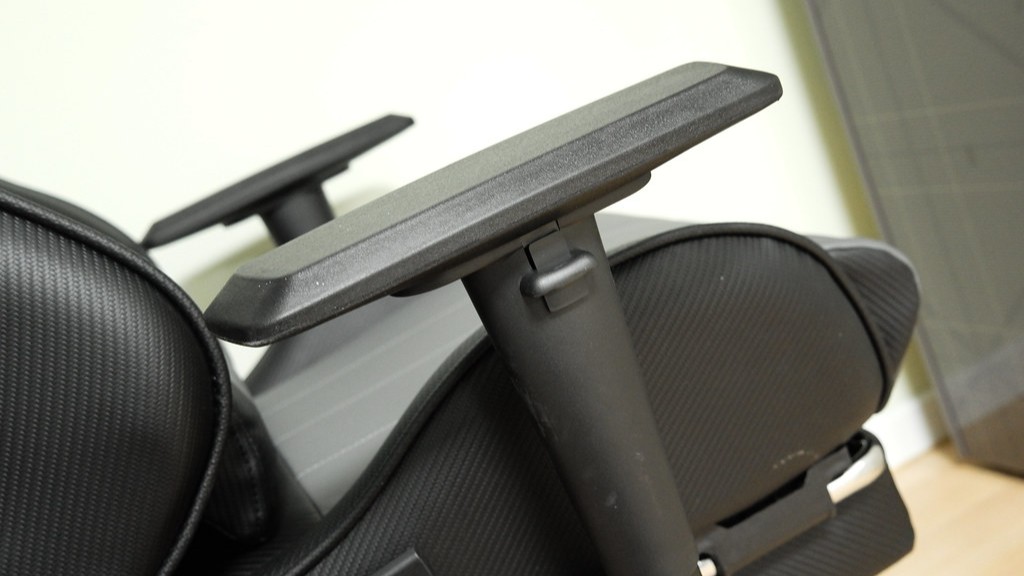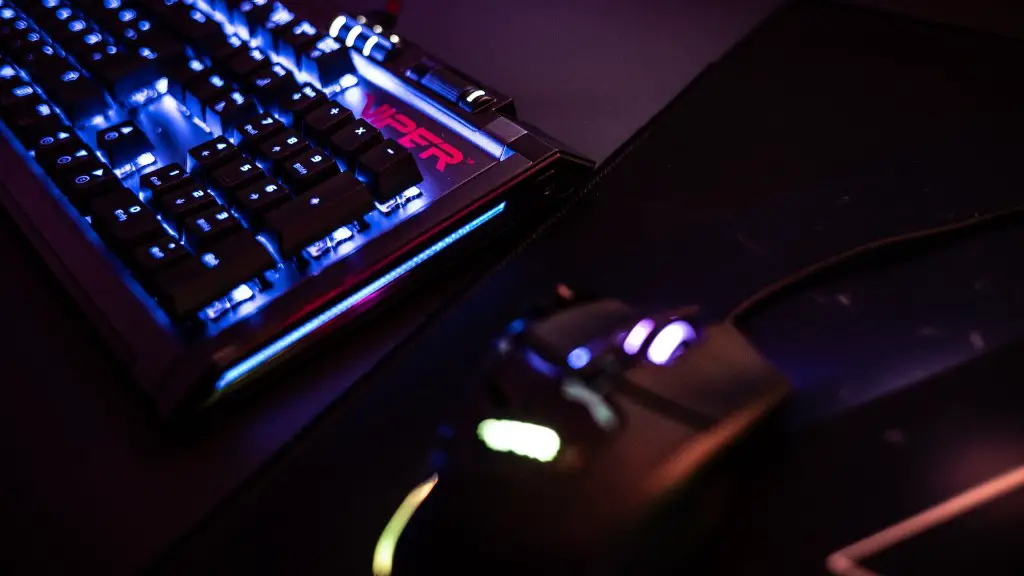If you own a gaming PC, you need to ensure that you take the time to upgrade its components regularly. Upgrading a PC can be costly, so you need to know what parts are worth upgrading first. Here are some tips to help you decide which component to upgrade first.
The processor is often one of the best places to start. It’s the component that powers all the other components. Faster processors allow faster response times, and most games will benefit from having a processor that’s clocked at a higher frequency. However, the cost of these higher-end processors can quickly add up, so be sure you can commit to spending the extra money before you begin.
The GPU, or Graphics Processing Unit, can also be a great place to start when upgrading a gaming PC. GPUs come in a variety of different models and it is important to select one that offers the best performance for your budget. Upgrading a GPU can be relatively inexpensive, especially when compared to buying a new processor. Also, a graphics card upgrade can make a huge difference to the performance of certain games so it’s worth doing.
Storage is another component that can be easily upgraded. Most games tend to require a lot of space, especially on higher-resolution settings. Switching to an SSD, or Solid State Drive, can be much faster and more reliable than a traditional HDD. But keep in mind, you’ll need to make sure your motherboard is compatible with the drive, and it can still be relatively expensive.
Power supplies are often overlooked when considering an upgrade, but they’re an important component nonetheless. Having an efficient power supply can reduce the amount of electricity required to run your PC. This could result in a potential savings in electricity bills. It’s also important for providing proper power to all the other components in your PC, so it’s essential to ensure your power supply is capable of meeting those demands.
Finally, the cooling system should also be looked at. Cooling systems are crucial for maintaining a stable temperature in your PC. Without proper cooling, your components can overheat, leading to decreased performance and even hardware failure. Check the specs of your PC to make sure the cooling system you’re looking for can properly meet the demands of your PC.
Processors
A processor is the most important component of any gaming PC. A higher-end processor will allow you to run more intensive games at higher settings and resolutions. Upgrading to an Intel or AMD processor is often the best option, as they generally offer the best performance. But make sure you check the specifications of your motherboard, as it may not be compatible with certain processors.
When upgrading, look for a processor with a higher number of cores and threads, as this allows your PC to multitask more efficiently and run games more smoothly. It’s also important to select a processor that offers a good balance between performance and power consumption, as this will help to keep your electricity bills low.
It’s also worth considering the socket type when upgrading a processor. The socket type is what ties the processor to the motherboard, so make sure your motherboard is compatible with the processor you’re looking at. If not, you’ll need to buy a new motherboard too, and that could increase the total cost of the upgrade.
Finally, consider the cost. A higher-end processor can be quite costly, so make sure you can commit to the upgrade. It’s possible to find reasonably priced processors with good performance and low power consumption, so make sure you do your research before committing to the purchase.
GPUs
A GPU is one of the most critical components in a gaming PC, as it is responsible for rendering graphics. When upgrading to a new GPU, it’s important to choose one that’s powerful enough to run the games you want to play. Consider both the pricing and the performance when choosing a GPU, as you want to get the best bang for your buck.
When selecting a GPU, look for the number of CUDA cores, as this will determine how much performance the card will offer. Also, select a GPU with enough RAM to meet the demands of your games. Finally, make sure the card is compatible with your motherboard and the amount of power it requires is within the power supply’s limits.
Finally, consider a graphics card upgrade if you’re looking for additional performance. If your current GPU is not providing enough power, upgrading can significantly improve performance. But be aware, this can be an expensive option, so make sure you compare different options so you can get the best value for money.
Storage
Another important component to consider when upgrading your gaming PC is storage. Most games take up a lot of space and require high speeds for effective loading times. Upgrading to an SSD, or Solid State Drive, can be a great option for improving loading times, but be aware that this can also be quite expensive.
An SSD is a much faster storage device than a traditional HDD, and it will provide your PC with a much-needed performance boost. But before you upgrade to an SSD, make sure you check your motherboard is compatible with the drive, or you could end up wasting your money. In addition, make sure the SSD is fast enough to cope with the games you want to run.
Another aspect to consider when upgrading your storage is the type of connector. Older motherboards usually come with SATA connectors, which are outdated now, so if you want to upgrade to an SSD you’ll want to make sure it has the newer NVMe connector. This will help to improve the speed of the drive, as well as ensuring your motherboard is compatible.
Finally, consider your budget. Upgrading to an SSD can be expensive, so make sure you compare different drives to get the best value for money. If you can’t afford to upgrade to an SSD, look for cheaper alternatives such as an HDD, which can still provide good storage performance for gaming.
Power Supply
A power supply is an essential component in a gaming PC, as it provides power to all the other components. When upgrading your power supply, make sure to buy one that’s efficient and has enough power to cope with all of the components in your PC. This will help to reduce your electricity bills, as well as protecting your other components from overloading.
It’s also important to select a power supply with the correct connectors that are compatible with your motherboard. Different motherboards require different connectors, so make sure to check the specifications before buying. Most power supplies come with a selection of connectors, so all you need to do is make sure you select the right one.
Finally, consider the size of the power supply. Most power supplies come in different sizes, and you should choose one that fits in your PC case. The size of the power supply is particularly important for smaller PC cases, as some power supplies may be too big and not fit properly.
Cooling System
Finally, the cooling system for your PC should also be taken into consideration when you’re looking to upgrade. The cooling system is necessary for keeping the temperature of the components within safe levels, as too much heat can damage them. Select a cooling system that meets the needs of your components, as some components may require more cooling than others.
It’s important to note that the type of cooling system you choose will depend on the size of your PC case. The available space in the case will determine which type of cooling system will fit best. Make sure to check the measurements of the cooling system before buying, to make sure it can fit in your PC case.
Be aware that some cooling systems are louder than others, so if you’re looking for a quieter option you may need to spend more money. Also keep in mind that some cooling systems will require additional fans to help cool the components, so make sure your power supply is capable of meeting those demands.
Finally, make sure the cooling system you select is well-built and reliable. A good cooling system should be able to last for several years and provide adequate cooling for your components. Make sure to check reviews and customer feedback before buying, to make sure you’re getting a quality product that’s capable of keeping your PC cool.



